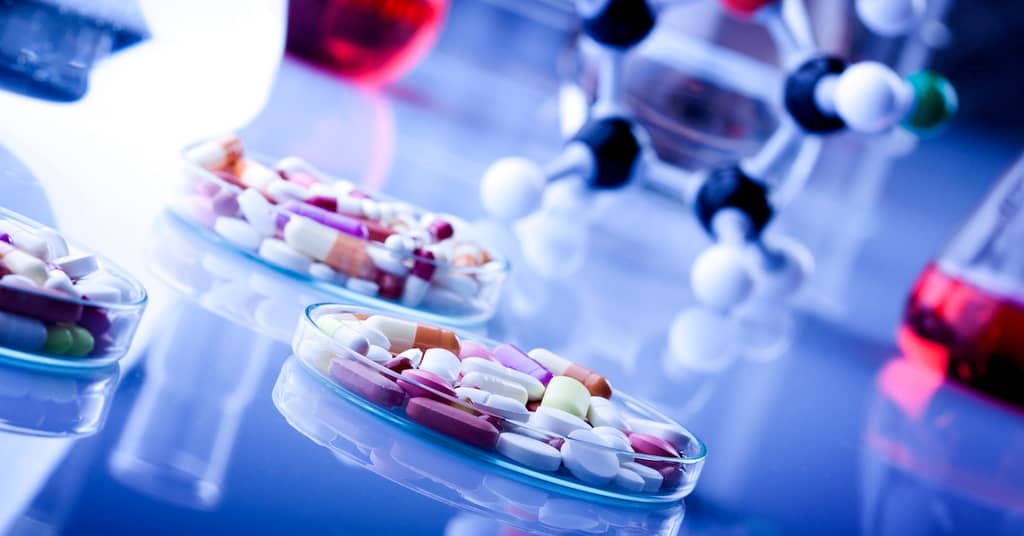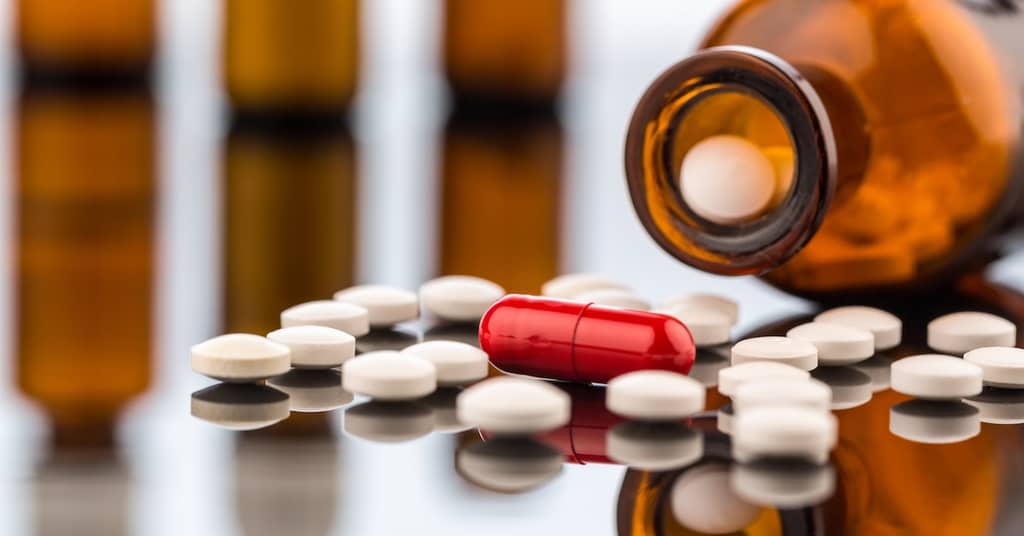
Diet and exercise can often be enough to keep blood pressure at optimal levels. I also recommend meditation. Prescription drugs should be a last resort, especially considering most people hate the side effects.
But if you do need hypertension medication, ask your doctor about a new generation of these drugs that has few negative side effects AND can actually help you lose weight and keep your body young at the cellular level…
The human body creates two kinds of chemicals that affect blood pressure, angiotensin I and its “evil twin,” angiotensin II.
Angiotensin I converts to angiotensin II with the help of a converting enzyme. Angiotensin II is a vasoconstrictor, which means it restricts the blood vessels and increases blood pressure. The latest class of hypertension drugs are angiotensin receptor blockers, or ARB drugs. With ARB drugs, the conversion takes place but the receptors are blocked, so that blood pressure remains normal.
But that’s not all they do…
ARB Drugs Prevent Weight Gain and Obesity
Studies show that ARB drugs can help with weight loss. In fact, a study published in the journal Cardiovascular Diabetology in 2012 found that the ARB drug telmisartan increased insulin sensitivity in obese mice.Insulin is the hormone that tells the body to use glucose (sugar) as energy. Insulin resistance means muscle, fat and liver cells cannot properly use the sugar, so the body makes more and more insulin.
This is a major contributor to weight gain and, if left unchecked, to diabetes.1 In addition to improved insulin sensitivity, a study published in the July 2016 issue of the journal Current Medical Research and Opinion found telmisartan reduces visceral fat—the unsightly belly fat that tends to pile on as you age.2 While weight management side effects are great, there’s more ARB drugs can do on the cellular level to reverse the signs of aging.
ARB Drugs Improve Mitochondria Functioning For Younger Cells
There’s a known correlation between insulin resistance, inflammation, increased body fat and mitochondrial function. Mitochondria are the “batteries” inside every cell that turn glucose into energy. Over time the accumulation of free radicals, environmental toxins and diseases cause mitochondria to dysfunction.These tiny cellular batteries then become unable to produce adenosine triphosphate (ATP), the molecule that every cell in your body uses for energy. The ATP energy packets are the main product of mitochondria.
Without ATP, cells can’t function, and they die. This leads to inflammation, cell damage and death, which in turn spurs on the aging process.
However, it is possible to slow the tempo of aging by staving off damage in the mitochondria, allowing them to continue producing healthy amounts of ATP for healthy cellular functioning.3 ARB drugs have been shown to boost mitochondrial metabolism, keeping cells active and strong even after the aging process has begun.4 This can essentially turn back time, as far your cells are concerned.
Hypertension and Aging Skin
Keeping your blood pressure under control has benefits beyond reduced risk for stroke and cardiovascular disease. Having normal blood pressure can also help you look younger.If you let high blood pressure go unchecked over the long term, it can stretch the blood vessels under the skin, causing sagging and “baggy” skin, and making you look older than you are. Constricted blood vessels also make it harder for blood to reach the skin, which can cause cells to die at a faster rate, causing wrinkles and hyper-pigmentation, or “liver spots.”
If you want to retain your youthful good looks and live for a long time, get your blood pressure under control with a healthy diet, regular exercise and – only if necessary -- ARB drugs.
- https://intensivedietarymanagement.com/insulin-causes-weight-gain-hormonal-obesity-iv/
- https://www.ncbi.nlm.nih.gov/pubmed/27010868?dopt=Abstract
- http://journals.lww.com/co-clinicalnutrition/Abstract/2007/11000/Mitochondrial_dysfunction_and_age.6.aspx
- http://www.nature.com/hr/journal/v36/n5/abs/hr2012199a.html


